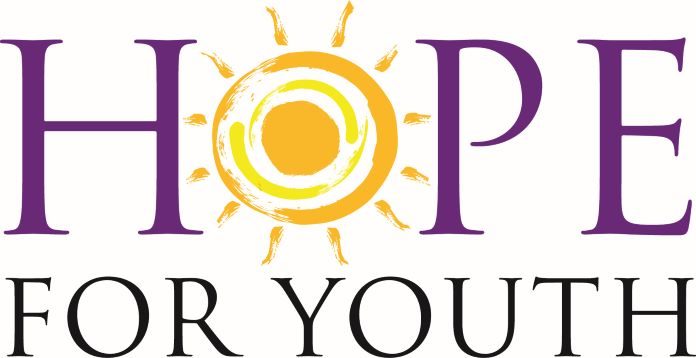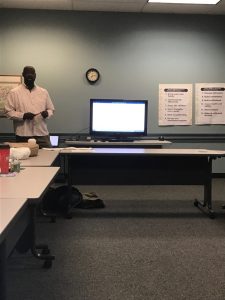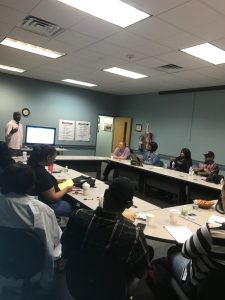The Commercial Sexual Exploitation of Children
On September 20th friendly hellos and conversations were had amongst foster parents and Hope For Youth employees as they gathered for yet another important training class. Although the topic discussed was a very sad reality that is occurring in America at alarming rates, it was imperative that both foster care parents and employees of Hope For Youth received educational training on the topic of The Commercial Sexual Exploitation of Children (CSEC).
The training was designed to raise awareness and provide foundational knowledge on working with survivors of this heinous crime. The information distributed within the training allowed youth serving professionals and foster parents to recognize and treat youth who have been or currently are involved in trafficking situations. These youth are both victims of crime and survivors of abuse. Although many of the trainees were familiar with the concept of Commercial Sexual Exploitation of Children, they each left with newly learned information that has the potential of helping the youth within their lives. Trainees were eager to share the knowledge they had on the topic and communicated through healthy dialogue with each other very well.
Vital information was given on how to protect and prevent at-risk youth and youth from becoming victims of trafficking. Unfortunately, extensive evidence suggests that children in the foster care system are overwhelmingly at greater risk of being trafficked than those who are not. This can be due to a variety of vulnerabilities foster care youth usually exhibit such as a lack of a stable living situation, lack of supervision or support systems, emotional vulnerability and a true desire to belong and be loved. Human traffickers prey upon this desire for inclusion and manipulate youth into exploitive situations that are extremely difficult to get out of.
Due to the strong connection between foster care youth and Commercial Sexual Exploitation of Children, it is necessary that both foster parents and child welfare workers, such as those at Hope For Youth, receive adequate training and resources needed to help identify those that are being trafficked and supply them with the appropriate services and resources needed to recover. As trainees become more equipped with such we can hopefully disrupt the relationship between foster care youth and trafficking. A second required training is scheduled to take place on October 18th at 6:30pm which builds upon the knowledge acquired from part one.




